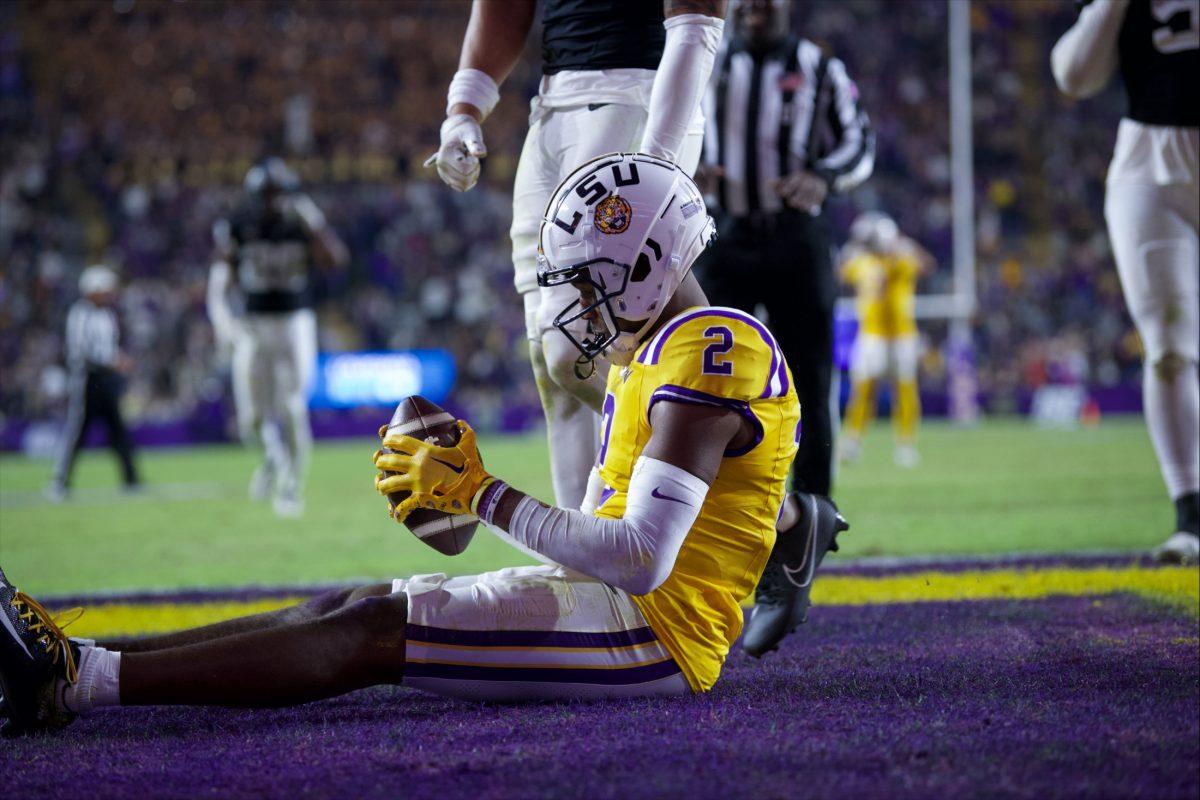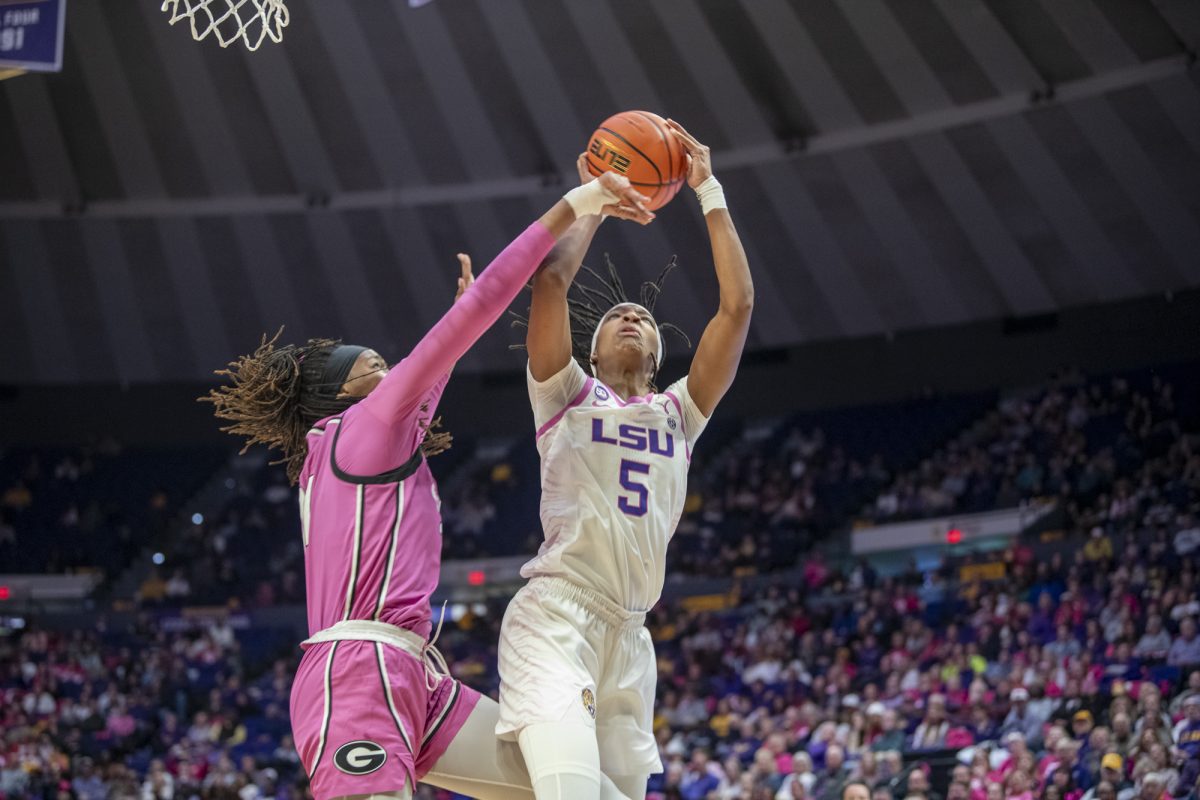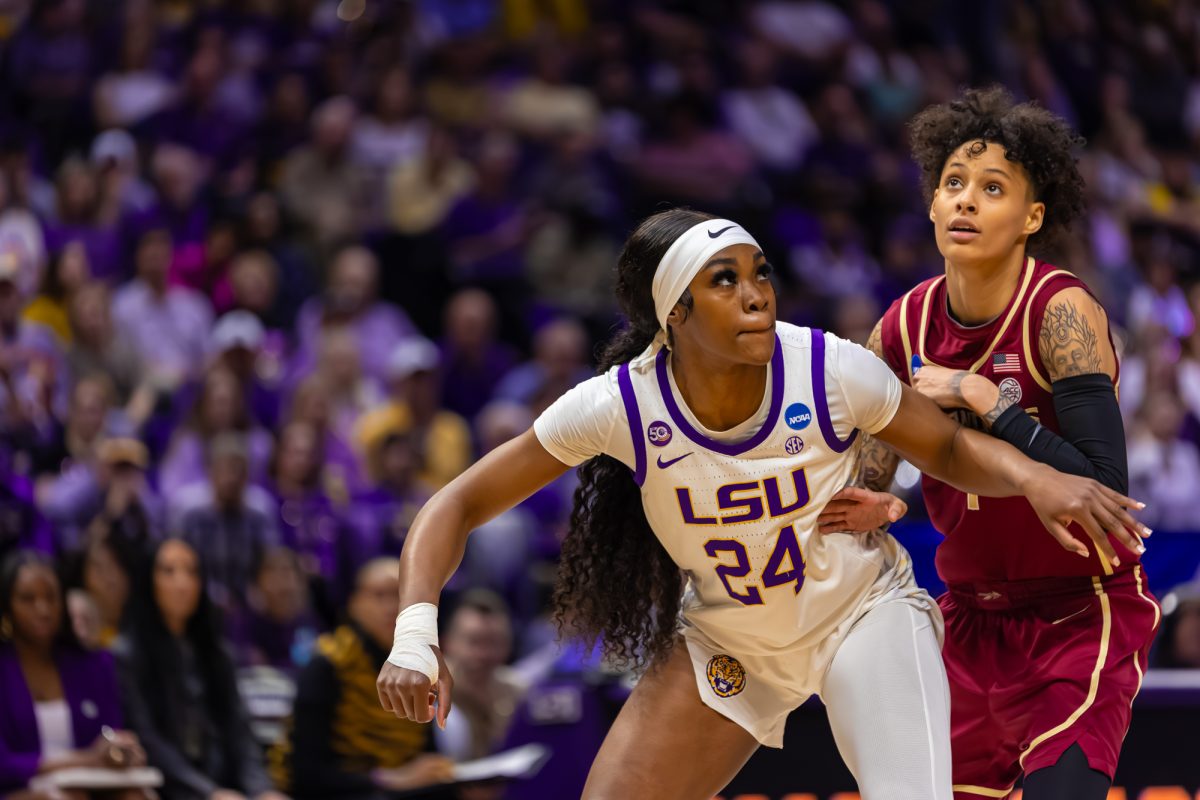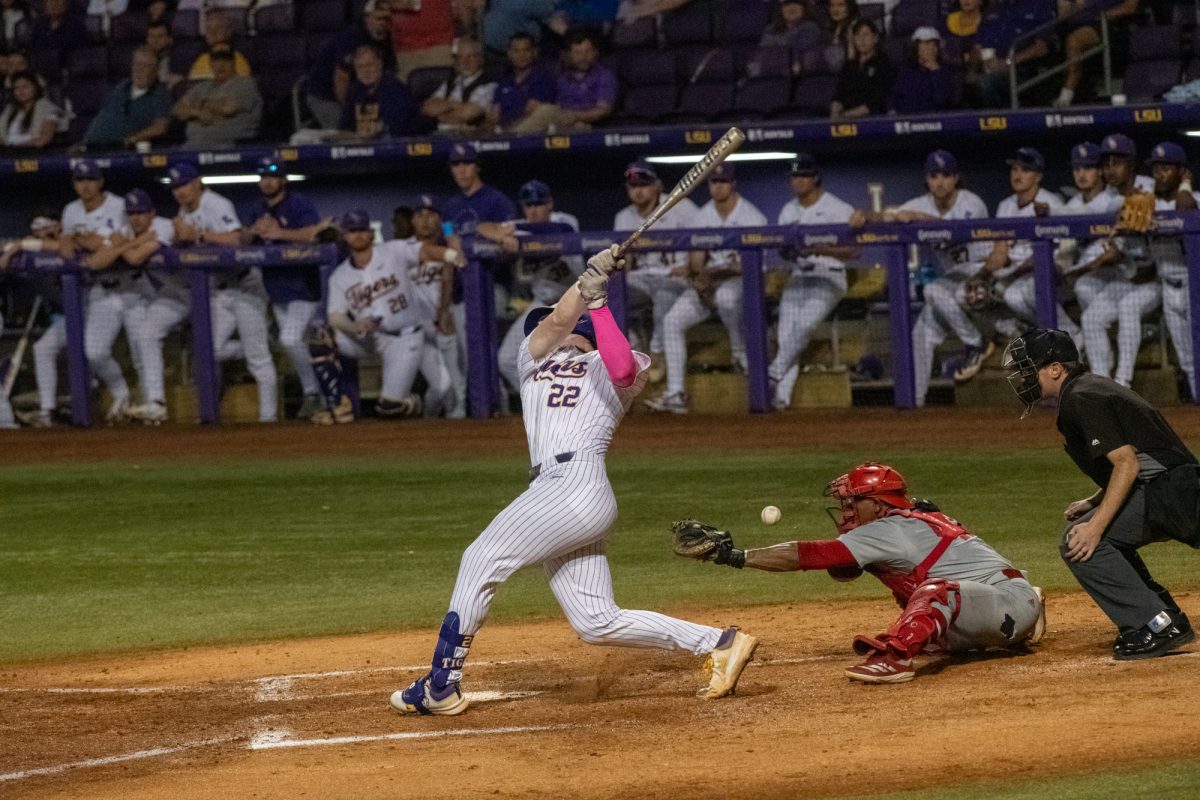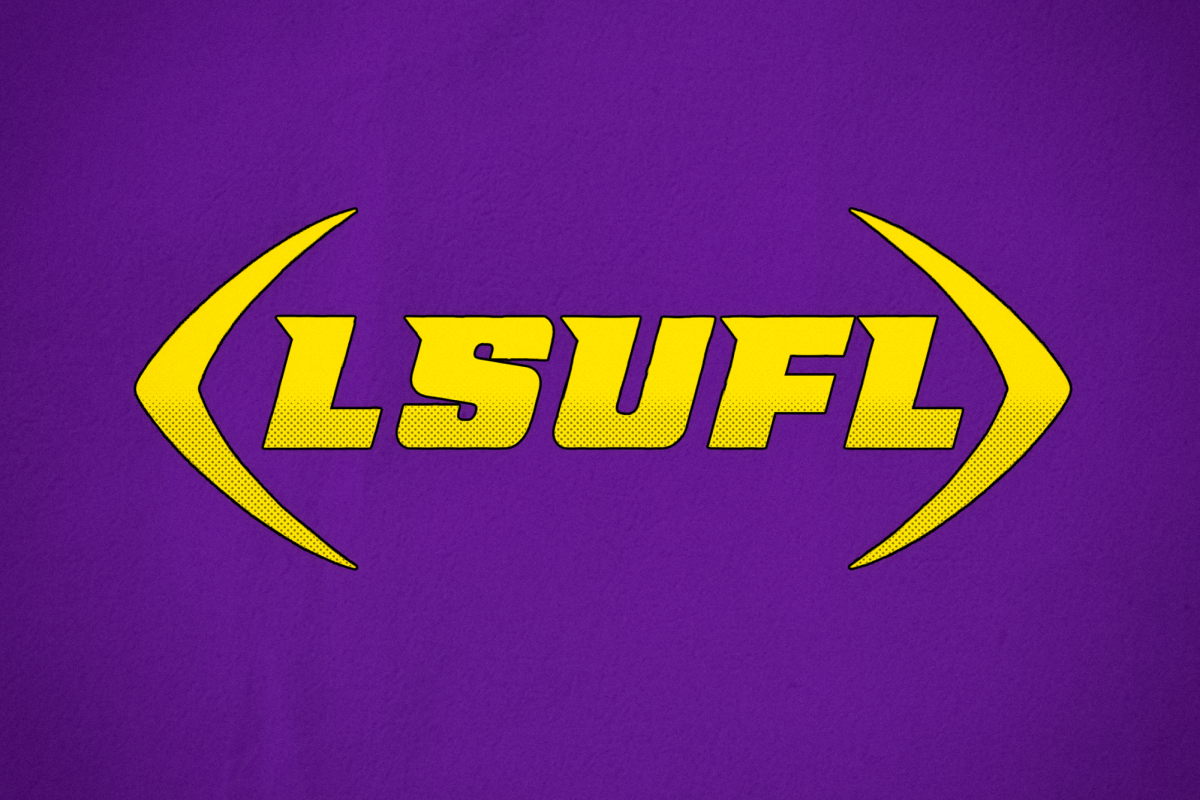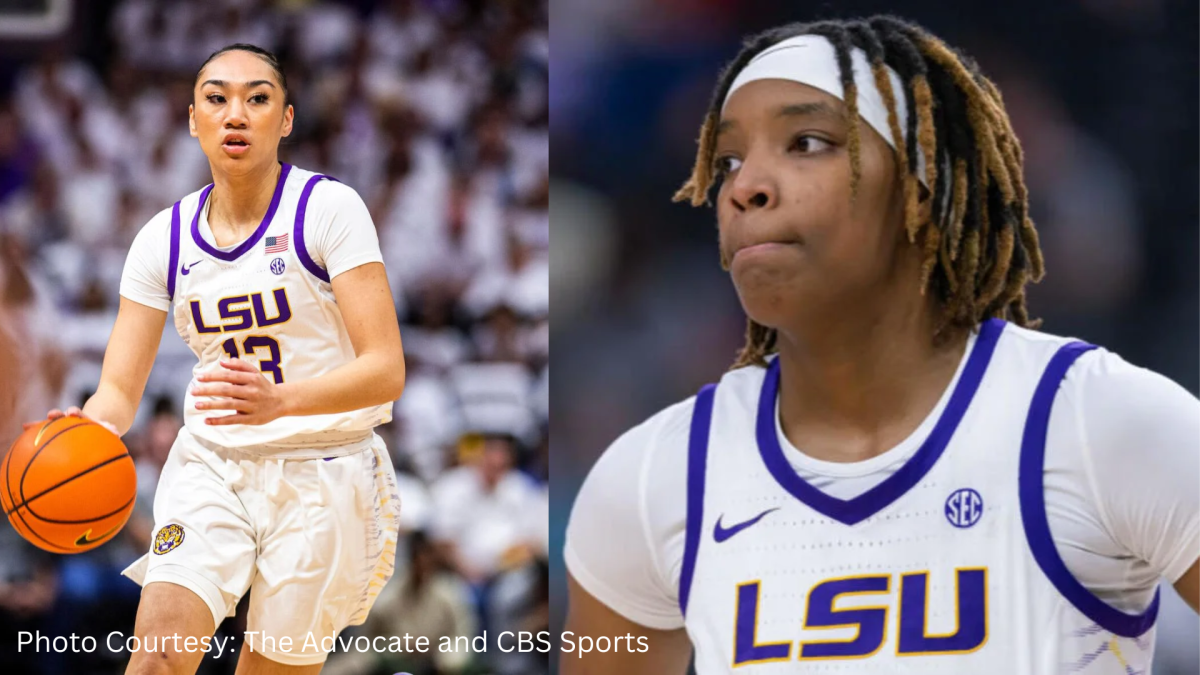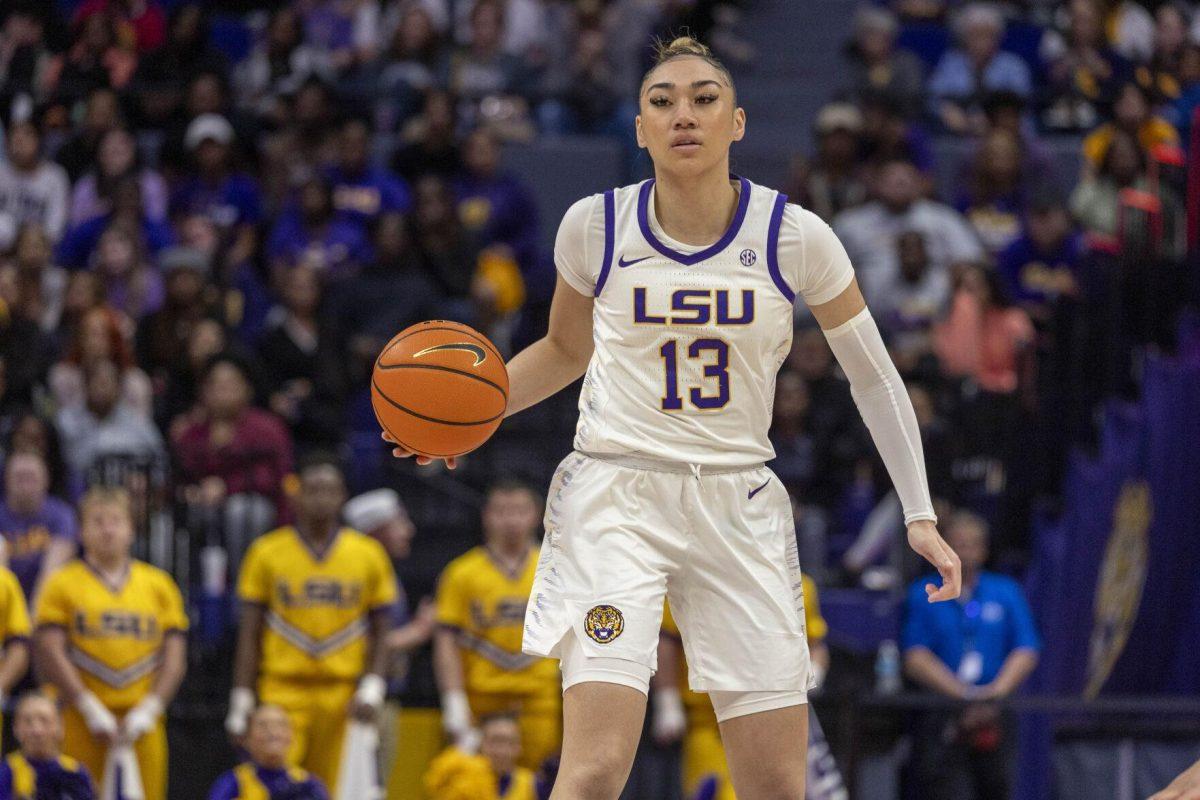On Jan. 10, news that LSU superstar receiver Kyren Lacy had a warrant out for his arrest for negligent homicide and felony hit-and-run broke just weeks after he wrapped up his last game in Tiger Stadium.
The event occurred on Dec. 17 in Lafourche Parish, where two cars collided head-on in a fatal wreck on Louisiana Highway 20, resulting in the death of marine veteran Herman Hall as he was being transported to a hospital. Police officers then connected the incident to Lacy, who drove away from the scene.
According to the Louisiana State Police Department, “Lacy was driving at a high rate of speed and crossing the centerline and entering the northbound lane while in a designated No-Passing Zone.”
Many onlookers have jumped to the conclusion that Lacy is either guilty or innocent with certainty. However, the facts and legal nuances of the situation may be better understood with the help of experts.
What are the legal implications of Lacy’s situation?
According to the Louisiana Criminal Statute LSA-R.S. 14:100, “Hit-and-run driving is the intentional failure of the driver of a vehicle involved in or causing any accident.”
However, Lacy’s car wasn’t part of the collision, so can he still be legally responsible for the events that occurred?
“If the accident involved the two other vehicles, but Lacy did not hit any car, the prosecution would need to show that his actions caused the accident,” said John Parsi, LSU criminal law professor and former attorney in the office of the Federal Public Defender and the Alaska Department of Law. “The challenge sets in to provide concrete evidence that Lacy is the cause of (both actual and proximate) the accident.”
“He caused the accident even if had stopped and rendered aid [sic],” LSU criminal law professor Ken Levy said.
Both Parsi and Levy speculate that Lacy’s defense team may prefer a plea deal rather than taking the case to trial, especially with the NFL Draft looming in April. However, Lacy’s team is at the mercy of the prosecution to provide a plea deal with a punishment they see fit.
If there is no plea deal, the case will go through the legal system, and the prosecution will aim to prove Lacy caused the two-car collision.
Less than 72 hours after the incident, Lacy declared for the 2025 NFL Draft on his Instagram.
“It looks insensitive and remorseless,” Levy said.
With the NFL combine coming up on Feb. 27, what kind of rapid movement will the defense team make to salvage Lacy’s chance of being drafted?
For his part, Lacy’s agent, Rocky Arceneaux, said he is “fully cooperating with authorities.”
“We strongly believe that the facts will ultimately demonstrate the truth, but still, we respect the need for a full and thorough investigation,” Arceneaux posted in a statement to his X (formerly Twitter) account.
Shortly after Arceneaux’s statement, Lacy turned himself in and was bailed out on a $151,000 bond.
On Jan. 21, the Louisiana Illuminator reported that LSU Law has barred Levy from teaching classes for making political comments in the classroom. Levy spoke with the Reveille on Jan. 15.
What does this mean for Lacy’s draft stock?
Before this, Lacy was projected to be a top-50 pick in this spring’s NFL Draft. But as the dust settles, his draft stock is presumably in a free-fall. It’s challenging for NFL teams to take on a criminal liability.
Although most NFL teams aren’t unfamiliar with players having run-ins with the law, will they want to add another risk to the roster? General managers have taken risks in the past.
Reuben Foster, then a linebacker at Alabama, was a unanimous All-American, national champion and projected high draft pick in 2017. However, Foster failed a drug test at the 2017 NFL Combine. The league eventually sent Foster home from the combine for “personal reasons” after he got into a heated argument with a hospital worker.
Foster’s combine fallout nearly saw him fall out of the first round, but the San Francisco 49ers picked him with the 31st pick.
After multiple injuries and run-ins with the law, including three arrests in 2018, the NFL suspended Foster for the first two games of the season for violating the league’s substance abuse policy. He was involved in two domestic disputes later that season and was cut, effectively ending his career.
Another example is Laremy Tunsil, a two-time first-team All-SEC left tackle at Ole Miss and a projected top-five overall pick in the 2016 NFL Draft.
Minutes before the draft, Tunsil’s social media accounts were hacked, and a two-year-old video of Tunsil smoking illegal substances through a gas mask was posted on his X (formerly Twitter). Screenshots of text messages of Tunsil asking Rebels head coach Hugh Freeze for rent money were posted to his personal Instagram account.
It was one of the most jaw-dropping scandals ever seen on draft night, costing Tunsil millions. Tunsil fell in the draft to the 13th pick and lost over $8 million in signing bonus money, with his NFL dreams crumbling before him.
After three years with the Miami Dolphins, Grier traded Tunsil to the Houston Texans for multiple players and draft picks. Six years in with Houston, Tunsil is a five-time NFL Pro Bowler and now makes $25 million a year.
So will Lacy drop in April’s 2025 NFL Draft? Probably.
But as the draft draws on and Lacy begins falling on teams’ draft boards for the charges he currently faces, we will eventually get to a point in the draft where an NFL front office looks at Lacy and thinks his talent is worth the risk.




